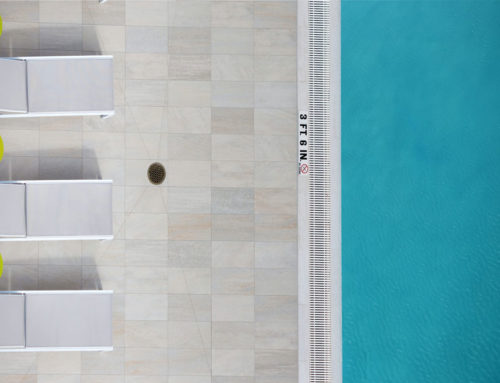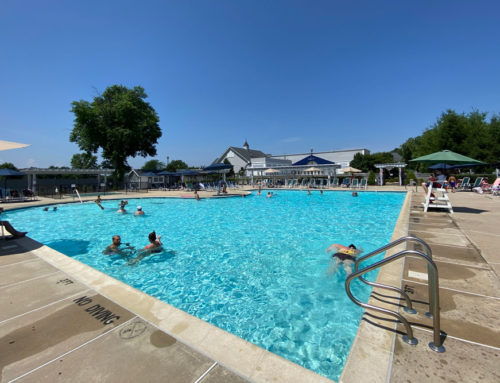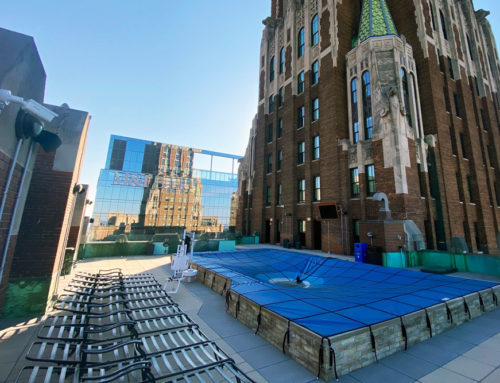If you offer food at your commercial pool and don’t already use biodegradable flatware and dishware, now may be the perfect time to switch over. Saving energy is an important consideration for those who work in pool management services, and incorporating similar practices can be a great way to promote sustainability at your facility.
A recent article published in Moultrie News stated that South Carolinians who visited Charleston area water parks saved over 16,000 pounds of leftover food and serving items from the local landfills. The waste will eventually be used for landscaping in various Charleston parks.
Coming full circle
The Charleston County Park and Recreation Commission had first launched its compositing efforts in 2012 in one of the water parks, and was expanded to include others in 2013. The facilities were reconfigured, replacing existing serving ware with compostable models and compost bins replaced trash cans. Furthermore, these vessels were divided into different categories that allowed patrons to separate the items and dispose of them accordingly.
When compostable goods break down, it turns into nutrient-rich additive, which can be incorporated into the soil used for landscaping efforts. The CCPRC recognized the potential of this sustainable practice and invested in it, partnering with Food Waste Disposal, a local food waste processing company. A portion of the “black gold” that comes from composting will be saved by the CCPRC for landscaping.
Assess your site
Though composting efforts will likely not be as viable for apartment and condo pool services, there are opportunities to practice sustainability in similar ways. If your site doesn’t have separate vessels for trash and recyclables, incorporating this system can help your facility not only better manage the amount of waste that leaves the facility, but also show your commitment to the environment.
Property managers should work with local recycling companies to determine the best methods and practices for incorporating recycling efforts into their sites. Doing so would be a big step toward sustainability, which will be noticed and appreciated by the community.
If your facility decides to implement a waste separation system, consider spotlighting the change in the local paper or putting up posters. Additionally, it’s a good way to educate young swimmers about sustainable practices. After all, any positive changes will be well received by patrons. Never overlook the aspects that make your commercial pool stand out from others in the area.






